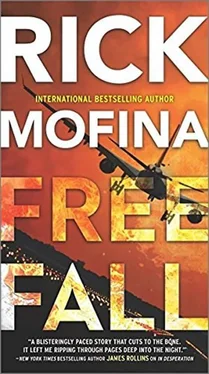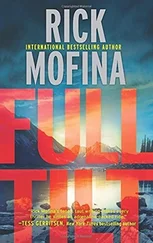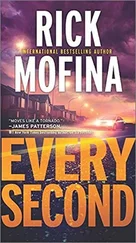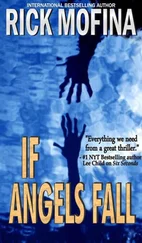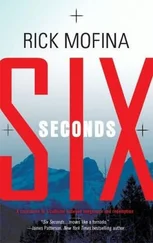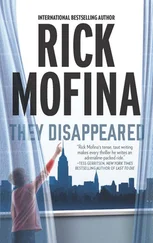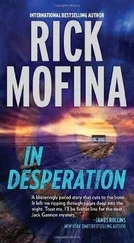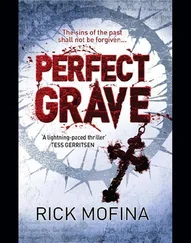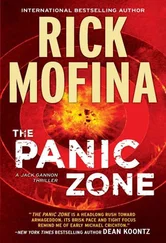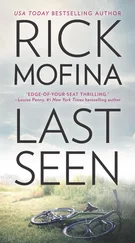“A cyber hack?” Cashill began shaking his head bitterly. “We’ve been down this road a dozen times. We know the systems. It can’t happen. What you’re suggesting is a distraction.”
“It’s our duty to be open-minded and investigate all scenarios.”
“We have no real evidence!” Cashill raised his voice.
“But the emails,” Nall said.
“The emails came out after the fact! They’re post-incident claims!” Cashill said. “They’re nothing but typing from a disturbed mind! The FBI’s searching for the sender to charge them for making threatening claims, not interfering with flights, because that’s impossible.”
“Is it, Bill?” Hooper asked. “Do you know this conclusively?”
“Are you challenging me, Jacob?”
Hooper said nothing.
“Listen to me.” Cashill held a finger near Hooper’s face. “With EastCloud, everything points to pilot error, and with Shikra, everything points to errors in maintenance. I’m ordering you to stop this bullshit search for ghosts in the machine and to focus on reality. Is that clear?”
Cashill looked at his three investigators one by one.
“Now get back to work,” he said before leaving.
At his desk, Hooper dragged his hands over his face.
He could not and would not let go of the real fear that someone had discovered a back door into the system or a wireless jump point-that they’d somehow found a way to override the plane’s security software and gain access to the flight-critical system.
The faces of the Heathrow tragedy stared at him.
Then he noticed his discarded phone messages from Robert Cole.
Clear River, North Dakota
It’s the coding.
Robert Cole stared hard at the screen of his laptop, then at the pages of notes and calculations spread across the dining room table.
It’s the decision logic in the Omega Protection system .
In the days since he’d recovered his lost files from the second-hand dealer in Bismarck, he’d worked nonstop on repairing RT’s fly-by-wire system. With his redesign he’d firewalled the vulnerability of the kill switch network, absolutely securing it against any attack. Then he’d checked and double-checked and triple-checked his work. Then he’d reviewed it again and again, until he’d been satisfied.
This is it. This will fix the problem in the control system.
Cole sat back in his chair, scratched the stubble on his chin, pushed back his hair that had curtained in front of his face, and downed the last of the tepid coffee in his cup. His next problem was getting his solution to the NTSB and convincing them that he was not the drunken shell of a man that they thought he was.
At least not anymore .
He’d go to Jake Hooper because he was the only person in Washington, the only investigator, with whom he had a slim chance of being heard. The truth was Hooper had never responded to his recent calls, but in the time after Cole had lost Elizabeth and fallen into the abyss, Hooper was the only one who’d acknowledged him, taking the time to speak with him, asking how he was doing.
Even when I called him drunk and out of my mind he was there .
He’d go to Hooper and beg for ten minutes, just ten minutes, and he would show him the problem and the solution. Cole had to do it. He had to make them understand before it was too late.
Before more people died.
Cole hadn’t checked the news for the latest developments on the investigations into the London and New York incidents. He went online, scrolling through news sites from the United States and the UK. Finding a recent article from Newslead, he began reading.
A potential puzzle piece has emerged in the mystery surrounding the horrific crash of a jetliner at London’s Heathrow airport and the near-tragic incident experienced by a New York-bound commuter plane.
Coming to the paragraphs concerning the FBI “examining cryptic communications made by someone claiming to have knowledge of what is behind both events,” Cole read faster. His breathing quickened as he saw that the FBI was attempting to locate “a person or persons of interest.”
Looks like a break in the case. They must have a lead, he thought, racing to finish the story, slowing when he read about the emails sent by “Zarathustra” to Newslead and the Kuwaiti Embassy in London. Cole read the excerpt in which the sender had written:
“…tell the ordinary masses that we are extraordinary people destined to soon achieve a monumental victory of a colossal scale, the likes of which the world has never seen. We will take civilization to unprecedented heights, lighting the way forward for all of human existence. We are Zarathustra, Lord of the Heavens.”
Cole froze.
In a buried corner of his heart an alarm sounded, faint at first, telling him what he refused to believe-that the warning’s words, the syntax and the meaning of the passage were familiar.
I know this. Where’s it from?
But he’d no sooner posed the question when the answer hit him like a sledgehammer to his stomach.
“No, no, no!”
He searched helplessly among his papers, manuals and files spread on the table. He rushed to the other stacks of records he’d recovered from the second-hand dealer. He spotted the thick brown envelope from MIT, slid it from the stack and pulled out its contents, starting first with an old letter addressed to him:
Dear Mr. Cole:
Please forgive me for contacting you confidentially but I feel the need to bring a matter of concern to your attention.
I am your daughter Veyda’s doctoral thesis advisor. As you may know, her thesis topic was to advance research in aircraft systems engineering. However, upon her return after the horrible tragedy your family has suffered-for which I offer my deepest and belated condolences-Veyda informed me of her intention to switch the subject of her thesis.
She subsequently produced a hastily pulled together work in another discipline. It was a rambling, nearly incoherent manuscript that bordered on a manifesto, calling for the Third Reich to be praised for its accomplishments. She also argued that Nietzsche’s philosophy of supremacy without consequences should not only be worshipped, but applied in contemporary society in order to advance civilization.
Her thesis committee, supported by the graduate program chair, rejected her submission and suggested Veyda’s tragic loss of her mother may have had a bearing on her emotional and intellectual state. The committee, with whom I concurred, suggested Veyda seek counseling.
At this writing we are unaware of her whereabouts or her welfare.
Mr. Cole, I hope you will understand that I felt a need to bring this matter to your attention privately out of concern for your daughter’s well-being.
Sincerely,
Rachel Rinchley, PhD, Aerospace Engineering
Department of Aeronautics and Astronautics
Massachusetts Institute of Technology
PS-I’ve enclosed a copy of Veyda’s thesis for your reference.
Cole recalled receiving the package when he’d been grieving Veyda’s estrangement from him. He’d been in an inebriated haze when he’d first read it. Now, as he set her doctoral thesis before him, he exhaled slowly and began a meticulous line-by-line examination. With every sentence and every paragraph, the crushing realization soon overwhelmed him.
Veyda had written the emails quoted in the article.
The notes he’d made on her paper confirmed his fear. Chills shot through him as he read every reference to Hegel, Nietzsche and Dostoevsky; and the “extraordinary human whose achievements must be unfettered at any cost, take civilization to unprecedented heights, lighting the way forward for all of human existence.” Then, “Without pain, without blood, there is no birth, no advancement for humanity.”
Читать дальше
Конец ознакомительного отрывка
Купить книгу
